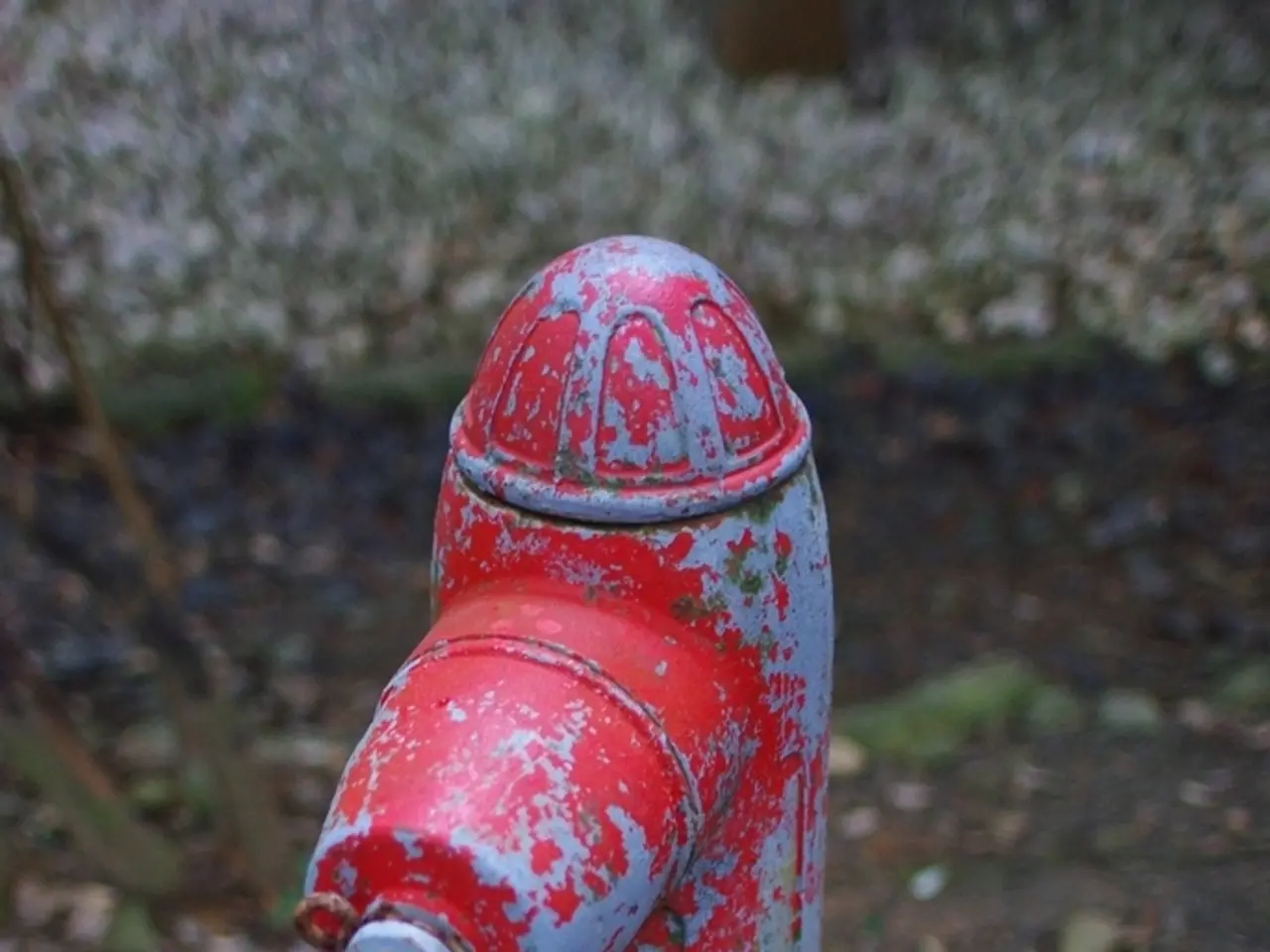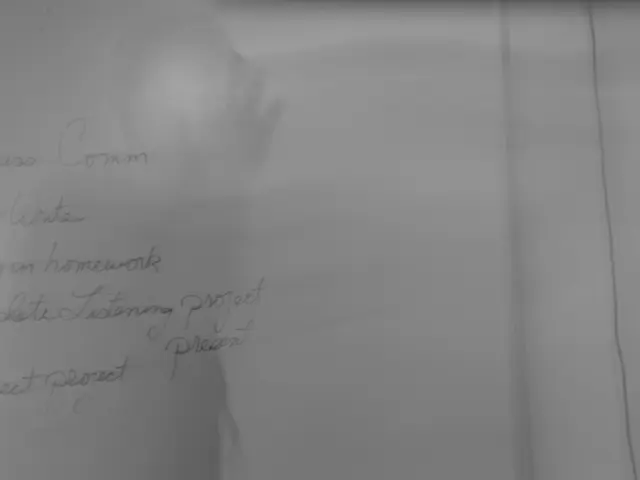State authorities urged for financial assistance to modernize water infrastructure
In a recent statement, Karsten Specht, Vice-President of the Association of Municipal Enterprises (VKU), emphasised the importance of water and sewer networks as indispensable lifelines for cities and communities. He also mentioned the need for additional investments in maintenance and climate adaptation, particularly in the face of increasing water shortages and stress on supply systems due to climate change.
The main challenges for renewing water infrastructure in Germany, as highlighted by the VKU, involve rising demand and stress on water supply due to heatwaves and droughts. Municipal water suppliers foresee more frequent and severe shortages, with many already experiencing temporary limits to water availability during summer months. Regions with older or limited infrastructure, such as Franconia and Brandenburg, are particularly vulnerable.
The state of Germany is pushing significant investment efforts overall, with major firms pledging €631 billion to revive the broader economy, including infrastructure maintenance and climate adaptation. However, there remains a gap in investable municipal infrastructure projects, including water systems. Many existing assets offer very low financial returns, which discourages institutional investors from funding necessary upgrades. Complex permitting and administrative hurdles add to the delay and difficulty of infrastructure renewal.
According to a position paper by the VKU, 80 percent of German drinking water suppliers and 90 percent of wastewater disposal companies expect to make significantly higher investments in the future. The focus of Specht's statement is on wastewater treatment costs and financing, with him proposing extended producer responsibility as a financing instrument. He also warned against shifting costs of wastewater treatment onto consumers and stressed the need for those responsible for environmental pollution to be held more accountable.
The position paper also highlights that wastewater companies face challenges due to pollutant inputs from the economy. Two-thirds of water suppliers expect their future investments to be more focused on strengthening supply security and resilience. The VKU is calling for state support to renew water infrastructure in cities and communities.
In summary, the challenges for water infrastructure renewal in Germany are climate-driven increased water scarcity, aging infrastructure, and a difficult investment climate at the municipal level. The state and industry initiatives focus on cutting bureaucratic barriers and mobilising large-scale investment to enable infrastructure modernisation and climate adaptation, with the VKU highlighting the critical need for these actions to sustain water supply reliability amid rising climate pressures.
Economic and social policy should prioritize investments in modernizing water infrastructure to meet the increasing demands and counteract the effects of climate change on water supply systems. This includes financing for wastewater treatment and strengthening water supply security and resilience, as proposed by Karsten Specht, VKU Vice-President. Science and environmental-science research can provide crucial insights to guide these investments, ensuring financial returns and promoting industry growth while maintaining a sustainable environment.




